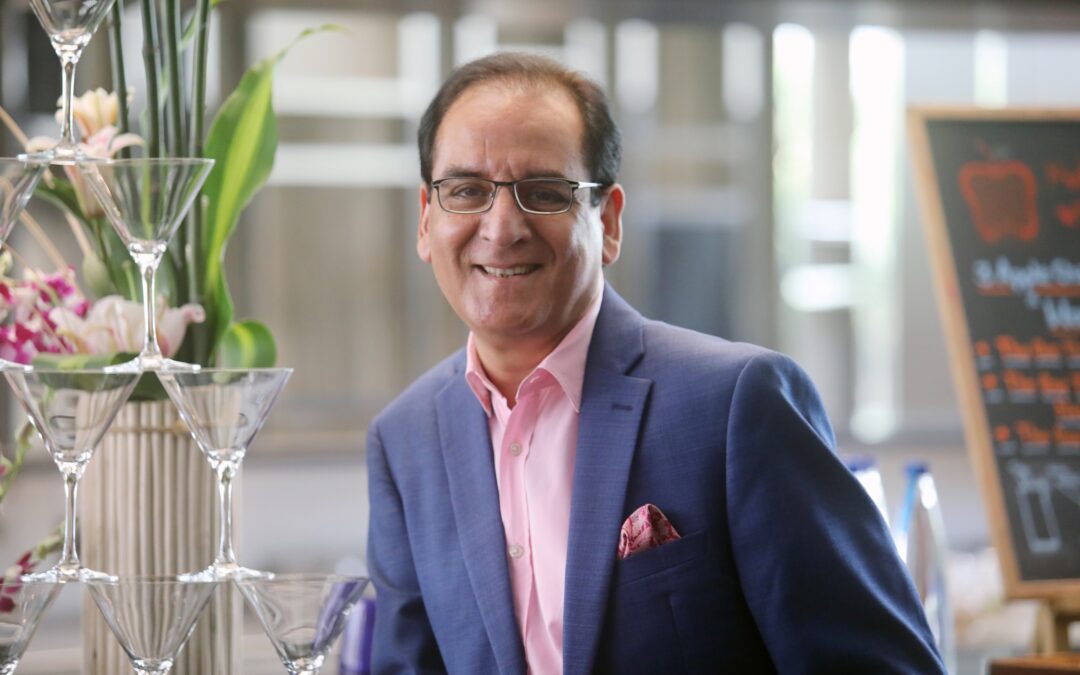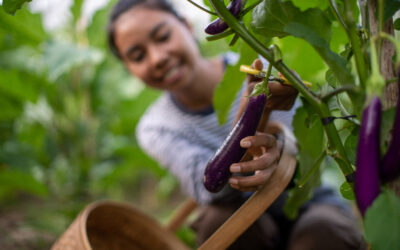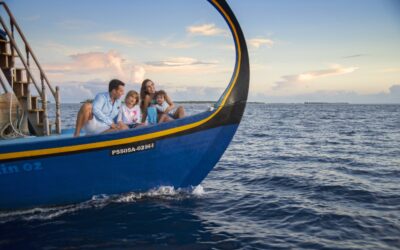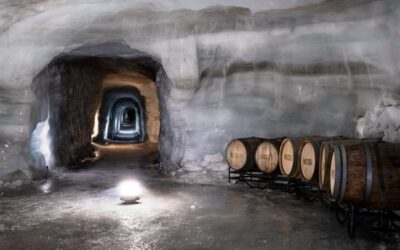K.B. Kachru is Chairman Emeritus and Principal Advisor, South Asia, Radisson Hotel Group, and has been instrumental in building the business in India since 1998. He continues to be on the board of the Group’s South Asia business entities and was previously chairman, South Asia of the Group. Prior to that, he served as executive vice president, responsible for the overall strategy, hotel development, management and functional support of key markets within South Asia, overseeing Radisson Hotel Group’s joint venture companies in India.
K.B. Kachru is an active member of various Tourism and Hospitality Advisory Committees at the state and national level. He is presently a member of Confederation of Indian Industry’s (CII) National Tourism Committee and Vice President of Hotel Association of India (HAI). He has been on the board of directors for the Tourism Corporation of various state governments and on the board of governors of the Institute of Hotel Management in New Delhi. He also served as an executive member of Pacific Asia Travel Association (PATA) India Chapter, the American Society of Travel Agents of India, Hotel Association of India (HAI), Federation of Hotel and Restaurant Association of India (FHRAI) and India Convention Promotion Bureau (ICPB).
He is on the Board of Shri Mata Vaishno Devi Trust, which is one of the most prominent and visited Hindu religious destinations in India (over 8 million devotees). He also spearheaded the formation of the Institute for International Management and Technology in collaboration with Oxford Brookes University, UK and was also responsible for the introduction of arrival passenger duty free shopping at India’s international airports.
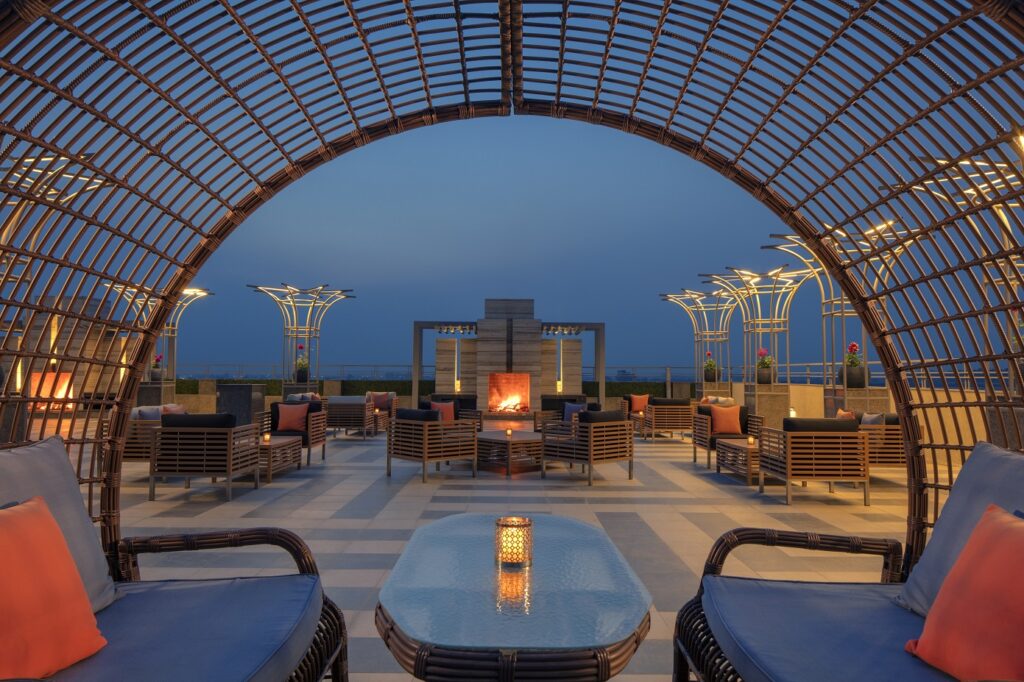
Radisson Chandigarh Zirakpur Restaurant
2020 was a challenging year for the hospitality industry. In your opinion, how will travel trends change in the 2nd half of 2021?
The pandemic has changed the way hospitality works and people travel and this change is here to stay. As we cautiously move towards the last quarter of this year, we are hopeful that the travel trends which picked up post easing of the lockdown will continue to show dominance. For instance, leisure travel will continue to lead the industry towards recovery but what will solidify this trend is embedding consumer trust by consistently assuring reliability in terms of safety and hygiene.
Travel will be more individualized and personalized as guests are now looking beyond just taking trips. They want a holistic experience. A country like India that caters to the diverse needs of travelers, we must leverage its natural ecosystem, wellness system, naturopathy, Ayurveda, the practice of Yoga, meditation and traditional cuisine for delivering these unique experiences. This will continue to be an asset in the journey towards recovery in the second half of 2021.
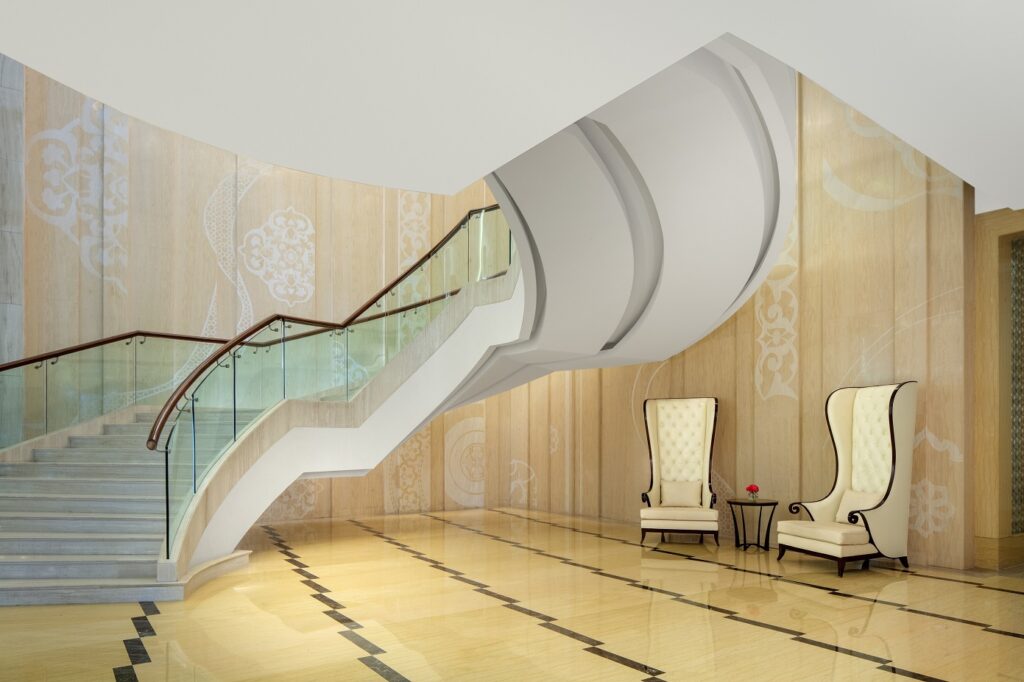
Radisson Blu Plaza Hotel Mysore Staircase
When do you foresee a complete recovery of the hospitality industry business in India?
The hospitality industry was significantly impacted as travel came to a screeching halt. We are slowly witnessing green shoots of recovery as people start to travel again but at the same time, being cautiously optimistic about it. The industry may utilize the next three to four years to get back to where it was pre-COVID as multiple variables affect the trajectory of this recovery – threat of the third wave, vaccination coverage pan-India, regulatory decisions and the long-term economic impact. This makes it even more important to acknowledge the silver lining and seize the opportunities that COVID-19 provides: to create more resilient operations; deeper, digital guest relationships and a refined set of strategic priorities aligned with today’s traveler.
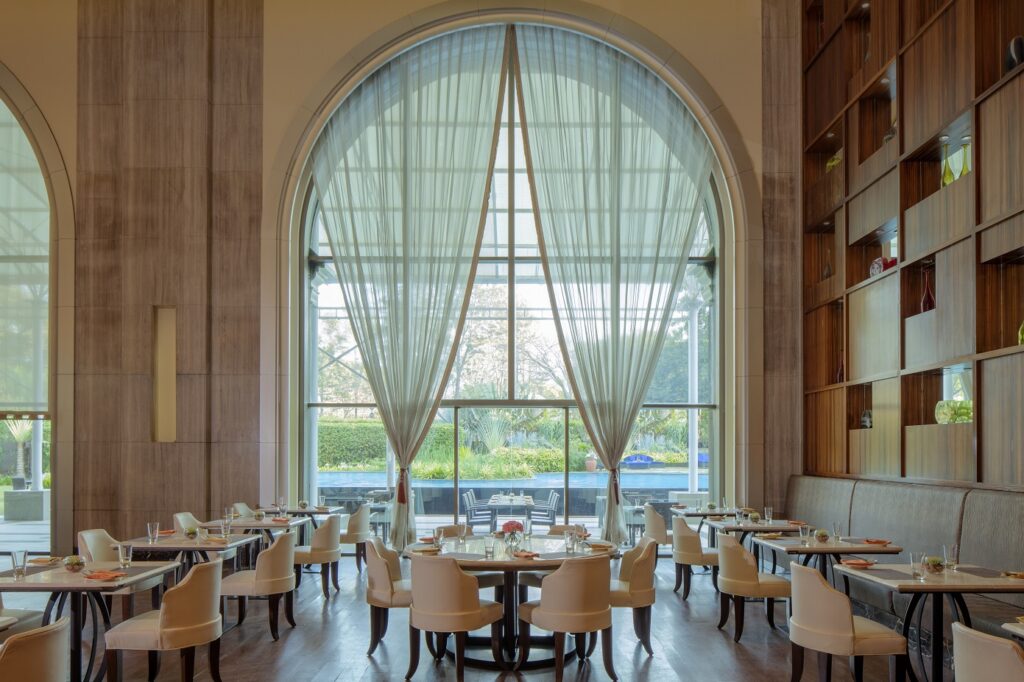
Radisson Blu Plaza Hotel Mysore Breakfast Area
What is your advice to aspiring hoteliers during challenging times?
For young professionals who want to explore a career in hospitality, though the profession demands long hours and time commitment, one is appropriately compensated for the hard work as the career progresses. The need at this point is to stay agile, stay grounded and develop a sixth sense for anticipating the needs of the guests. More than anything else, it is important to make connections with the people you come across and foster those relationships. After all, irrespective of the situation, ‘people’ would continue to be at the center of ‘hospitality’.
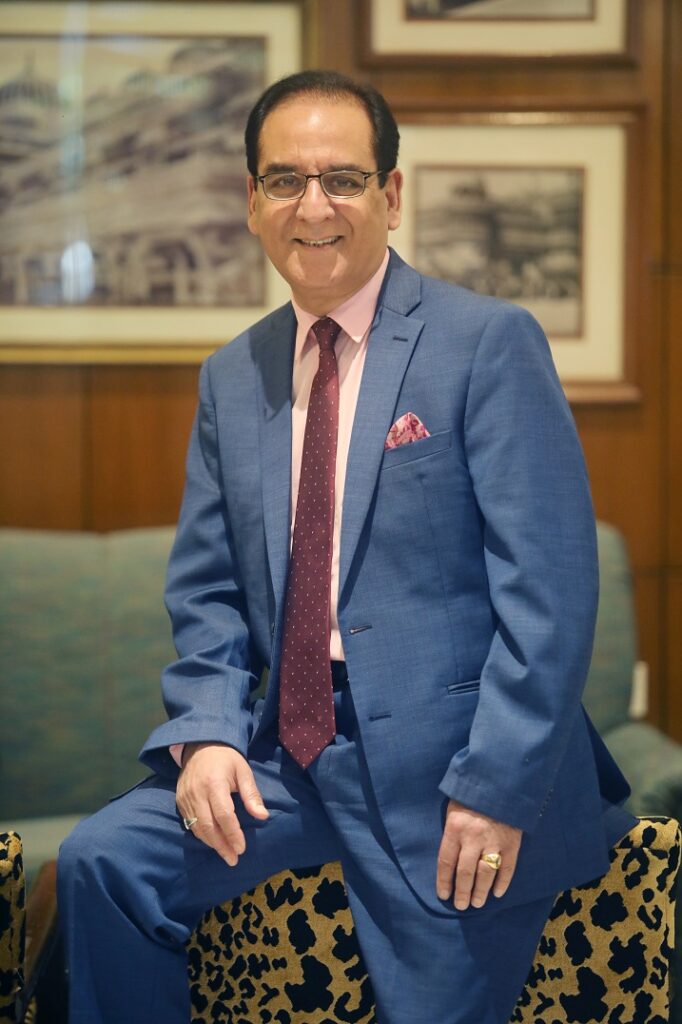
KB Kachru
What makes Radisson stand out from other brands you’ve worked in?
No success story is perfect, and no success story is achieved overnight. It’s constant work in progress. Today we can confidently say that it has been a growth story worthy of emulation! Since inception, our key focus has been to understand the market, forge appropriate partnerships and deliver on guest expectations.
During the 1990s, India was going through a transformational phase in terms of consumer behaviour, with growing middle class and rising disposable incomes. It was during this time that the Group understood the potential of India’s robust domestic tourism. We were amongst the first international chains to pioneer growth and expansion in state capitals, key tier II and III locations in India as none had dared to go to such markets.
Another critical aspect of our early success in the country was our strong relationship with our partners and owners. Identifying the right partners and driving value for them has resulted in sustained favorable outcomes for the Group for more than 20 years now. In the last two years, 2020-21, though some of the most challenging years for hospitality, our focus has been on augmenting the strength of our brands. By mapping out clear positioning and identifiable value proposition for guests and owners, we have been able to grow our brands strategically.
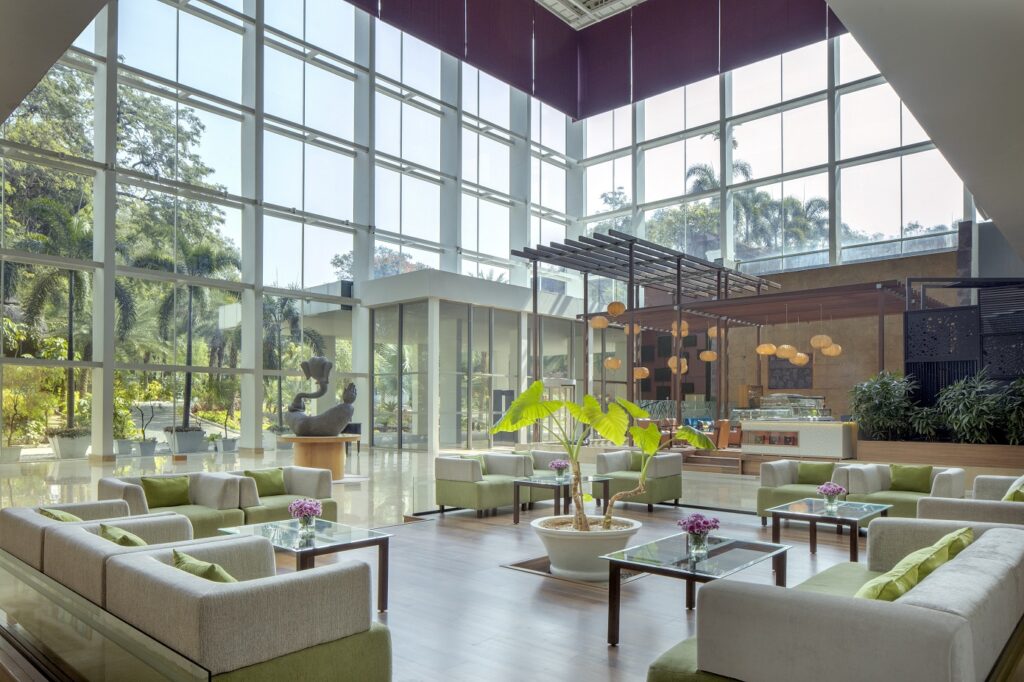
Radisson Blu Plaza Hotel Mysore Breakfast Area
Was a career in hospitality something you always dreamt of? What would you be if not a hotelier?
I belong to Kashmir, and even though tourism is the region’s economic backbone, no one from my family had ever ventured into hospitality. In the early 70s, I was preparing for a career in medicine, but I decided to drop out and instead pursue a career in hospitality which sounded more exciting. I then joined IHM Pusa, New Delhi. In fact, I became the first person from the state of Jammu and Kashmir to have received formal education in the hospitality trade.
Being a hotelier is what I know and do best.
Which cities are your favourites for: 1) food 2) history 3) fashion
- Food: My hometown – Kashmir. Food is an actual emotion here.
- History: India. It’s difficult to choose a single city as the entire country is historically rich.
- Fashion: Delhi. A dress code for every occasion.
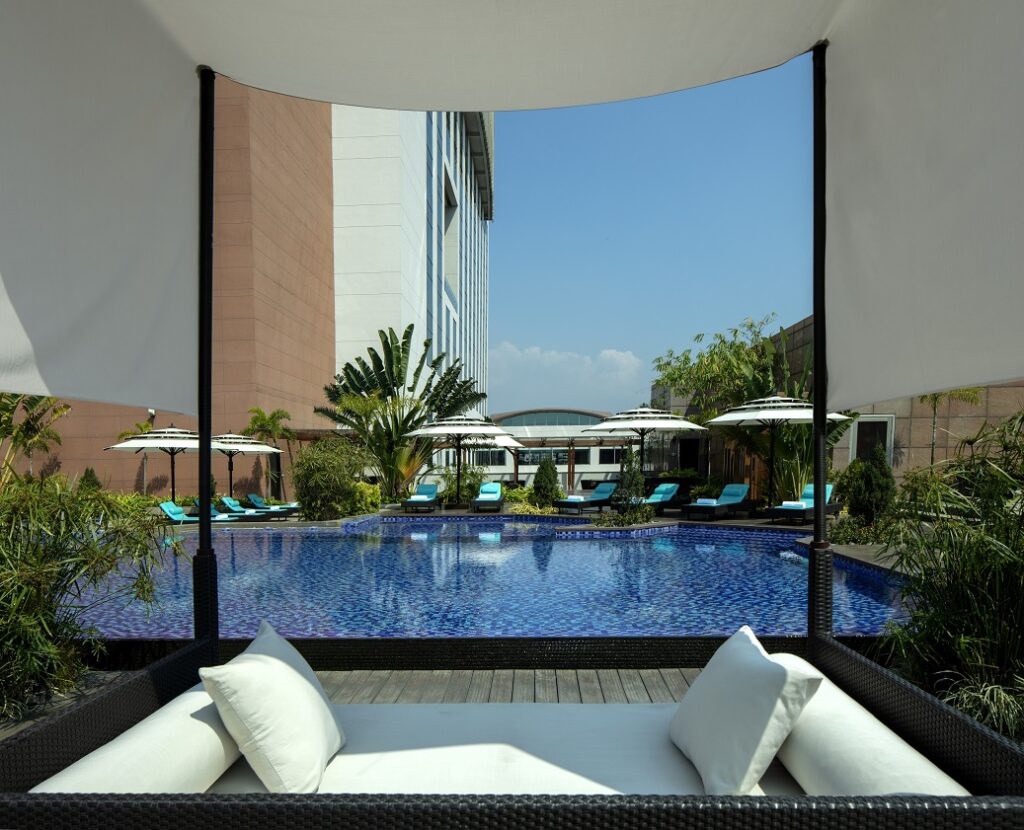
Radisson Blu Hotel Guwahati Pool
You have worked in several cities all over the world, which is your favourite city for work and play?
I’ll be honest and biased. Delhi would be the preferred city for me as it operates at a unique pace. I have now spent decades here and it’s also the city where we have the largest number of hotels in India. This makes the bond special.
When are you happiest?
The most fulfilling experience for me is to witness young hospitality professional going above and beyond for maintaining the group’s commitment to offering memorable stay to guests. The relentless focus on Yes I Can! service philosophy is a significant driver for us.
At work, which is your most challenging activity?
As a hotelier, it’s imperative to strike a balance between leading from the heart while your head remains focused on meeting business objectives. You must step into the shoes of your staff, guests and stakeholders at large and yet take a hard, rational approach to safeguarding share of market and revival of business. Successful businesses have taken decisive actions in an extremely fluid environment, sometimes even with less than full information, but with courage and foresight.


